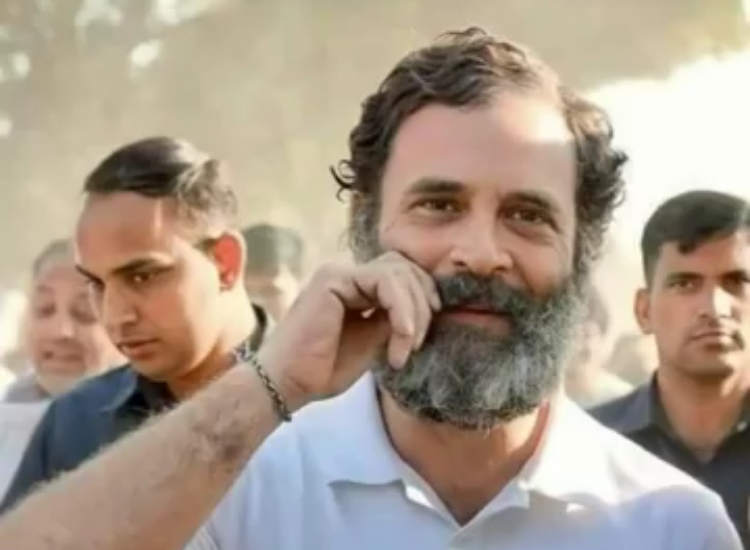.
The Supreme Court on August 4, 2023, stayed the conviction of Congress leader Rahul Gandhi in a criminal defamation case for the ‘Modi’ surname remark he allegedly made during a political rally in 2019. The stay has paved the way for Gandhi to return to Parliament. He can participate in the ongoing monsoon session if the Lok Sabha Secretariat restores his membership.
A three-judge Bench headed by Justice B.R. Gavai, also comprising Justices P.S. Narasimha and Sanjay Kumar, pointed out that the Gujarat trial judge, other than severely admonishing Gandhi for his alleged remarks, failed to give even a single reason for serving the Congress leader with the maximum sentence of two years’ imprisonment.
The court said the Magistrate had insisted on handing the Congress leader the severest punishment when the penal code allowed a choice between imprisonment, a fine, or both. The Gujarat High Court too, the Supreme Court Bench said, while waxing eloquent about the various aspects of the case in a “voluminous” 120-page judgement, somehow skipped addressing the issue of a complete lack of reasons for giving Gandhi the maximum punishment.
The top court said Gandhi was disqualified as an MP from the Parliament for a total of eight years under Section 8(3) of the Representation of People Act solely due to the two-year sentence. “Had the duration of the sentence been a day less, provisions of the Act would not have been attracted… The judge is expected to give reasons for imposing the maximum sentence, particularly when the offence is non-cognizable, bailable, and compoundable,” Justice Gavai observed.
The Bench noted that “disqualification not only affects the rights of the individual but also that of the electorate he represents in Parliament… The ramifications are wide”.
“Is it not a factor that an entire constituency that elects a person will go unrepresented?” Justice Gavai asked. Senior advocates A.M. Singhvi and Prasanna S., for Gandhi, said the courts below had condemned the Congress leader to silence for eight years.
“There is room for dissent in a democracy. There should be mutual respect in politics,” Singhvi said. But the Supreme Court said Gandhi’s alleged remarks, if made, were “not in good taste”.
“A person in public life is expected to exercise a degree of caution while making public speeches… The petitioner [Mr. Gandhi] ought to have been more careful,” it observed.
The court reminded Gandhi of how it had advised him to be more careful in the future with his public utterances while accepting his apology for his “chor” remarks during the previous general elections. During the hearing, Singhvi submitted that he had not seen any other defamation case in which a maximum two-year sentence had been awarded to an accused.
He said there had been no reason for the Gujarat High Court to reject Gandhi’s plea to stay the conviction. He said the case did not entail heinous offences such as rape, kidnapping, or murder, which involve moral turpitude. Singhvi said Gandhi stood convicted of defaming an “amorphous group”.
Gandhi had already missed two Parliament sessions. A list of cases filed against him shows they were all by BJP “karyakartas”, Singhvi argued. He debunked submissions that Gandhi had criminal antecedents.
Senior advocate Mahesh Jethmalani, for defamation complainant and Gujarat BJP MLA Purnesh Modi, argued that there were official witnesses, tapes, and recordings of Gandhi’s comments. He said the electronic evidence showed a “clear intent” to defame an entire community of people with the ‘Modi’ surname because of his hatred for Prime Minister Narendra Modi.
When asked in court, Gandhi maintained that he did not remember his remark.
“How many politicians remember their speeches… They make at least 10 a day,” Justice Gavai remarked.
Challenging the July 7 Gujarat High Court decision that upheld his conviction, Gandhi asked how an “undefined amorphous group” could possibly be defamed in the first place. (The Hindu)





